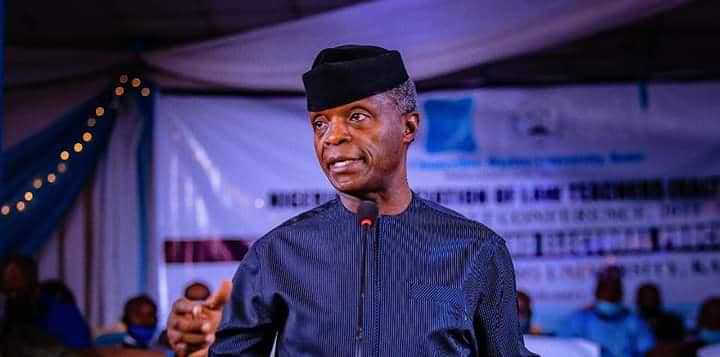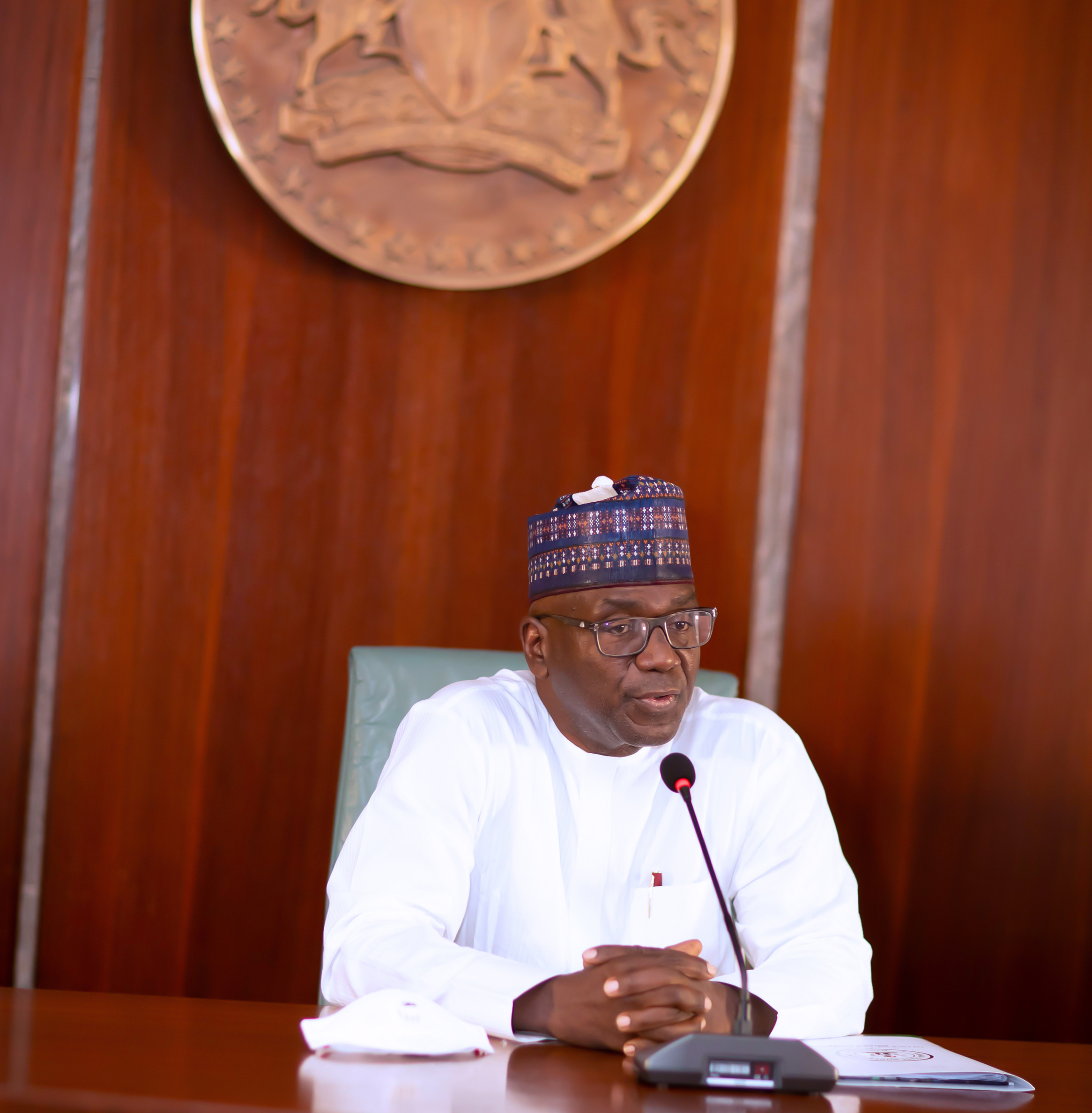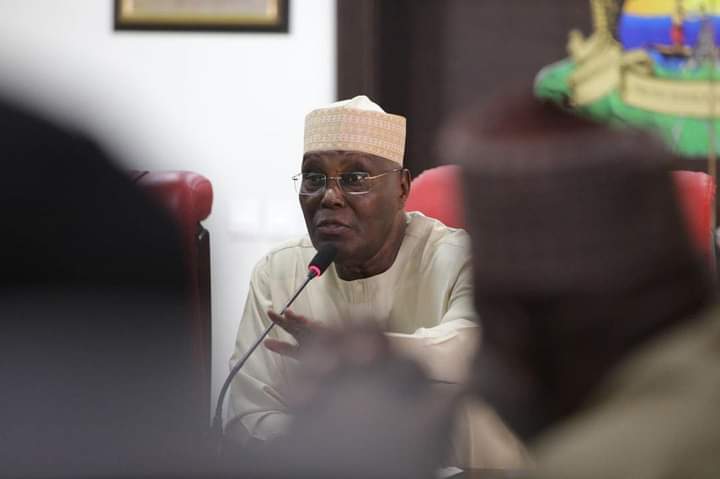Climate-related disasters and their impacts on communities are increasing in frequency and intensity across the globe. While some developed countries have been able to adapt to these impacts, the story is not the same for other developing countries like Nigeria. For 73% of the country’s population living below the poverty line, according to a recent World Bank report, this means grappling with multiplying effects of climate and conflict shocks.
According to the report, climate change, if left unchecked, will push up to 130 million people into poverty over the next 10 years—unraveling hard-won development gains—and could cause over 200 million people to migrate within their own countries by 2050. The climate crisis is deeply unfair, leaving the ones who contribute the least to suffer the most.
The climate knowledge portal by the World Bank says Nigeria is classified as one of the ten most vulnerable countries to the impacts of climate change and natural hazards. In 2012, for example, a double shock of severe drought in the northeast and widespread flooding affected nearly the entire country. The floods caused nearly $17 billion in damages and losses. Low-income households are the most vulnerable to weather-related natural disasters. Agriculture, which is heavily impacted by flooding and drought, serves as the main source of income for 80% of the rural poor.
Despite not being new to the effects of these disasters affecting its poorest people, every year the story remains the same. A lack of climate justice is evident.
Advertisement
At the 26th United Nations Climate Change Conference (COP26), declarations and roadmaps were created for a just, equitable, and sustainable implementation of the Paris Agreement through enhancing climate action, supporting climate justice, and increasing climate financing. 5 days after the conference, just in time, President Muhammadu Buhari signed the climate change bill into law. It was a commendable show of Nigeria’s commitment to take a stance on the war against climate change.
But actions taken must be backed by results. With heavy rainfalls and constant flash floods, many have been displaced from their homes in many states across Nigeria including Lagos, the commercial hub. This shows the country’s frail measures to prevent climate disasters as this problem seems to be a constant.
With a keen eye to the country’s specific needs of building resilience and adaptation to climate disasters, COP27 provides a stage for Nigeria to prioritise systemic approaches and recognize the interconnectedness of challenges.
Advertisement
Climate justice is the idea that everyone, everywhere has a right to be protected from the harmful impacts of climate change, in this case, Nigeria’s poorest people who have little to no resources to cushion the effect of climate change. By implementing adaptation and resilience strategies, steps are taken to protect the most vulnerable communities and prioritize their rights to clean air, water and food, as enshrined in the convention. These strategies can also help provide resources to the most vulnerable communities and protect them from the worst effects of climate change. Adaptation strategies can be implemented in a variety of ways, ranging from changing agricultural practices to improving infrastructure and altering building designs. Resilience strategies can involve improving access to health care, increasing access to food and water, and providing resources for education
Steering conversations around climate financing to hasten the country’s net-zero goal emissions by 2060 and prepare for future climate shifts must also take centre stage.
From 6th to 18th November, world leaders will gather at the Sharm el-Sheikh International Convention Centre (SHICC), Egypt, for COP27 to further conversations on how the world can sustain a safe and healthy planet. For Nigeria, it is an opportunity to build a more climate-resilient society and deliver climate justice to the people who need it the most.
Claire Mom is a Nigerian journalist passionate about human rights and climate change
Advertisement
Views expressed by contributors are strictly personal and not of TheCable.






